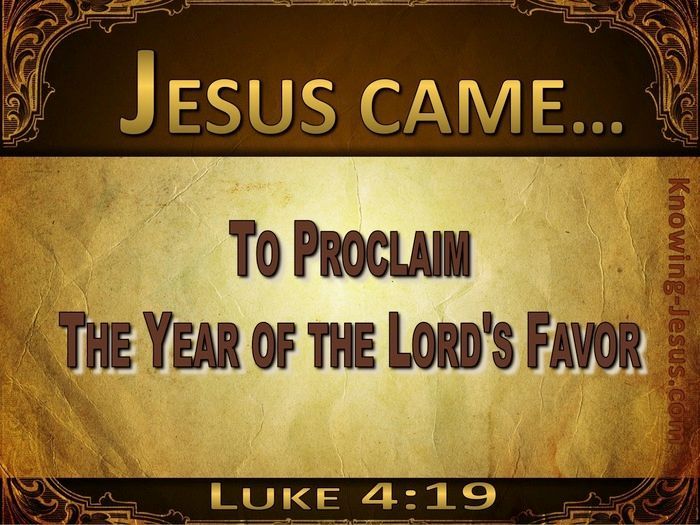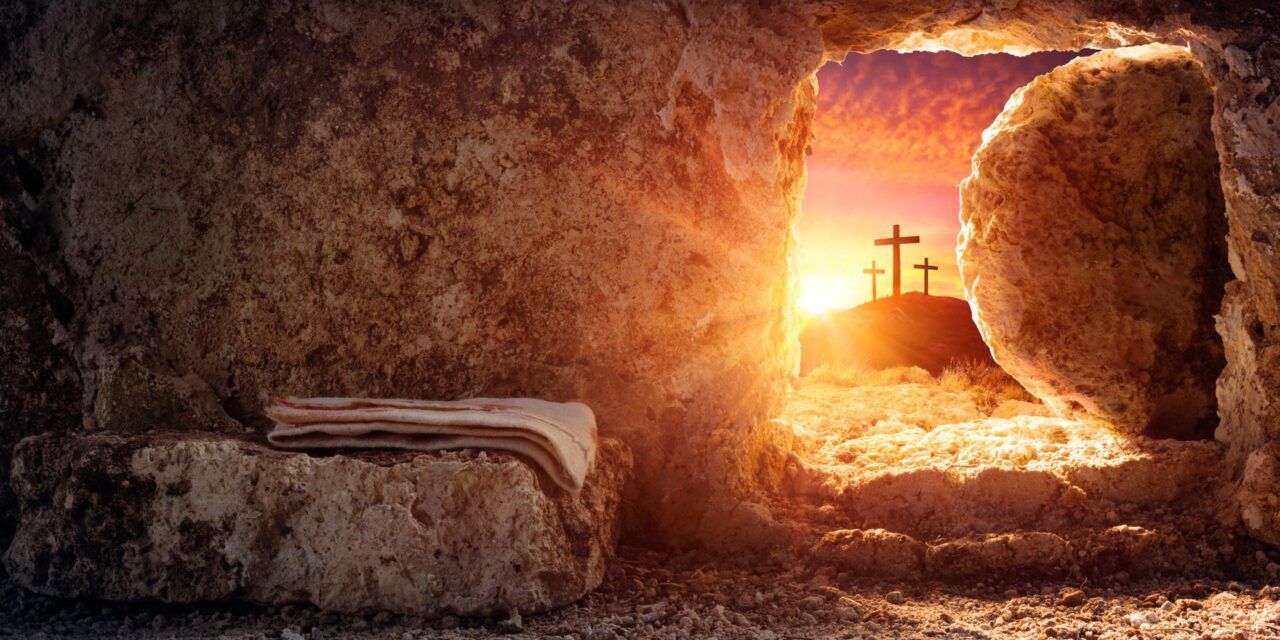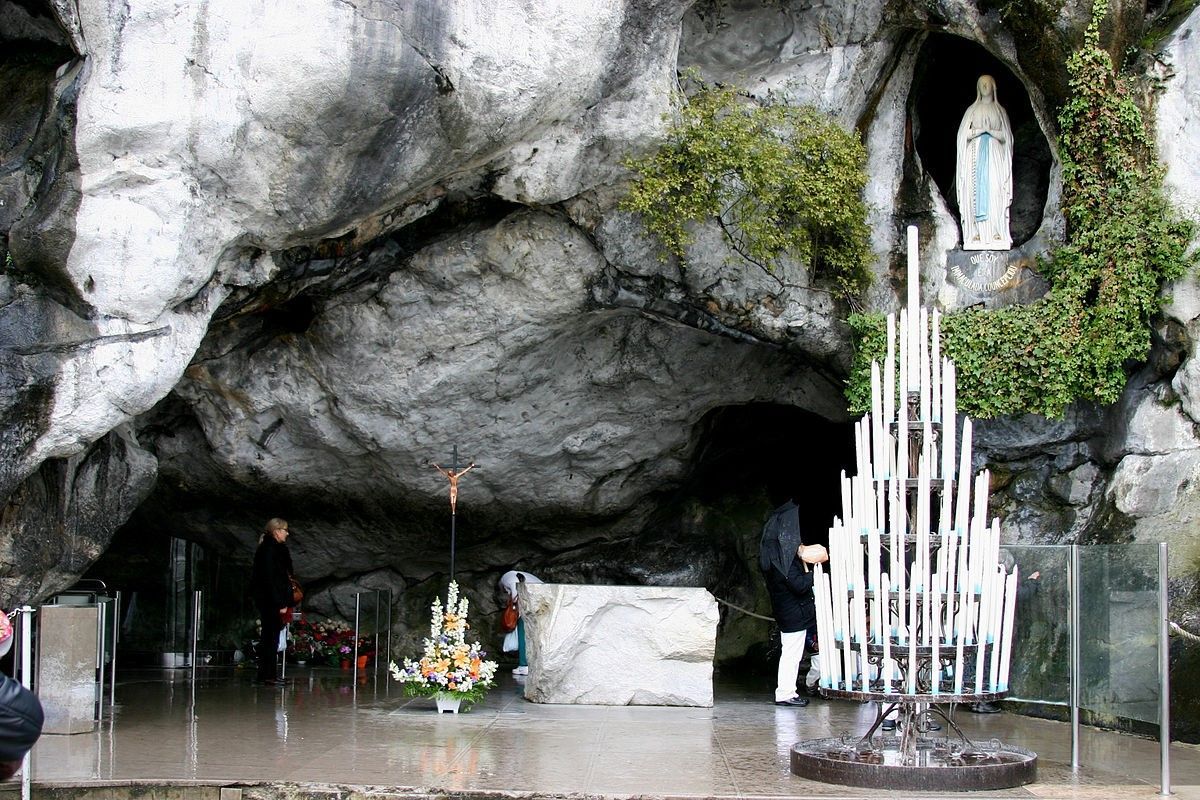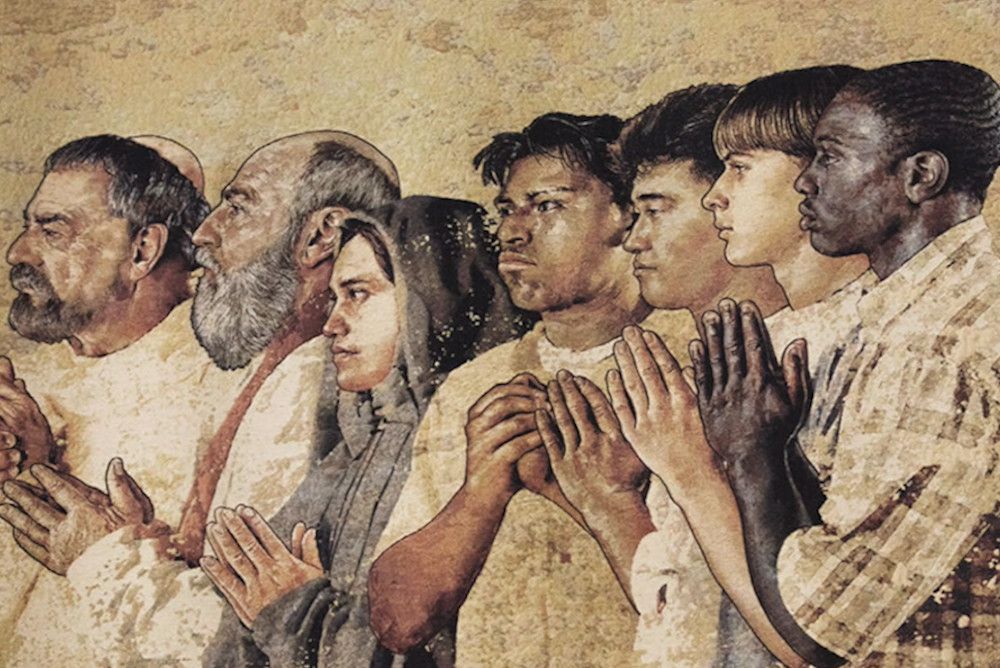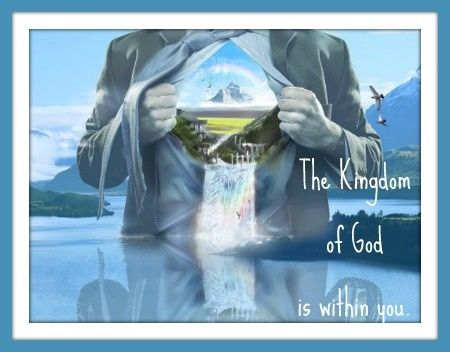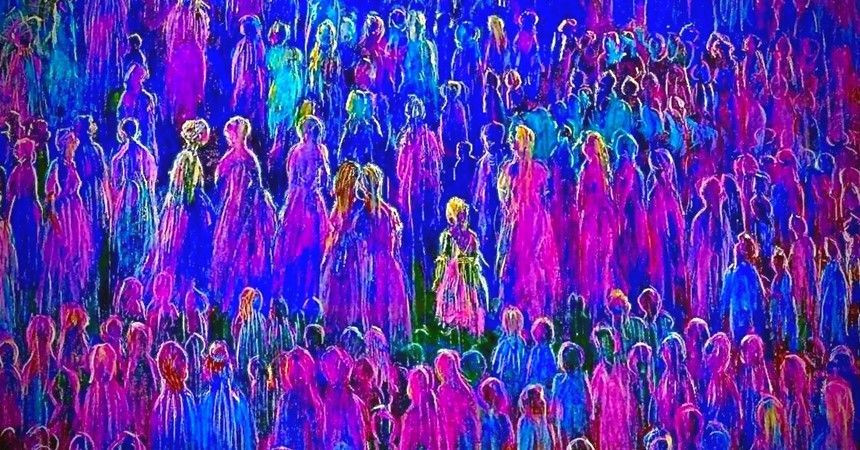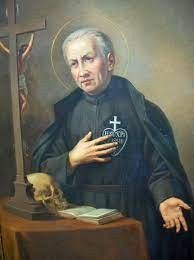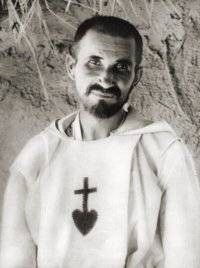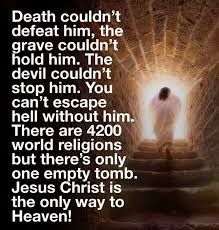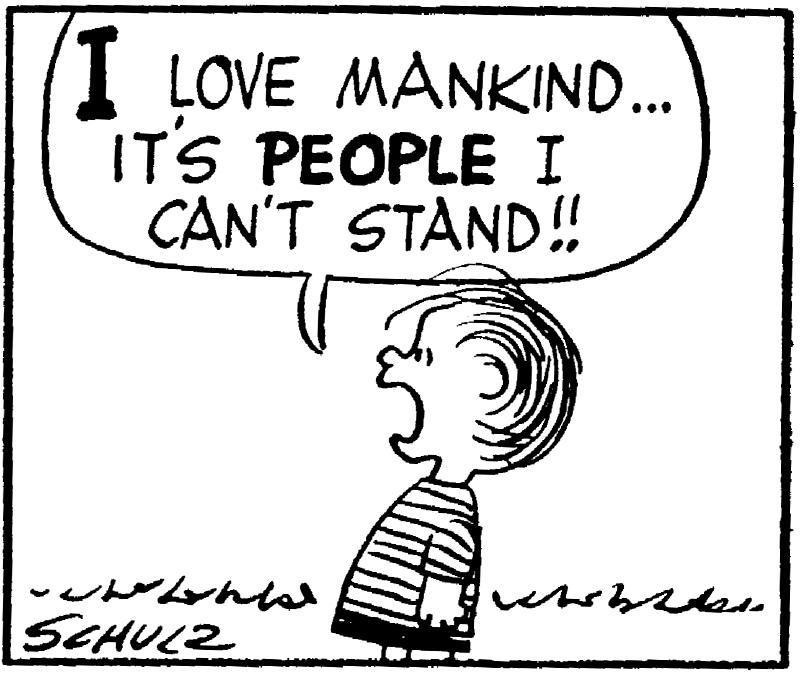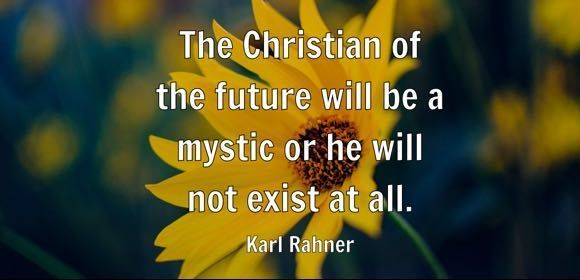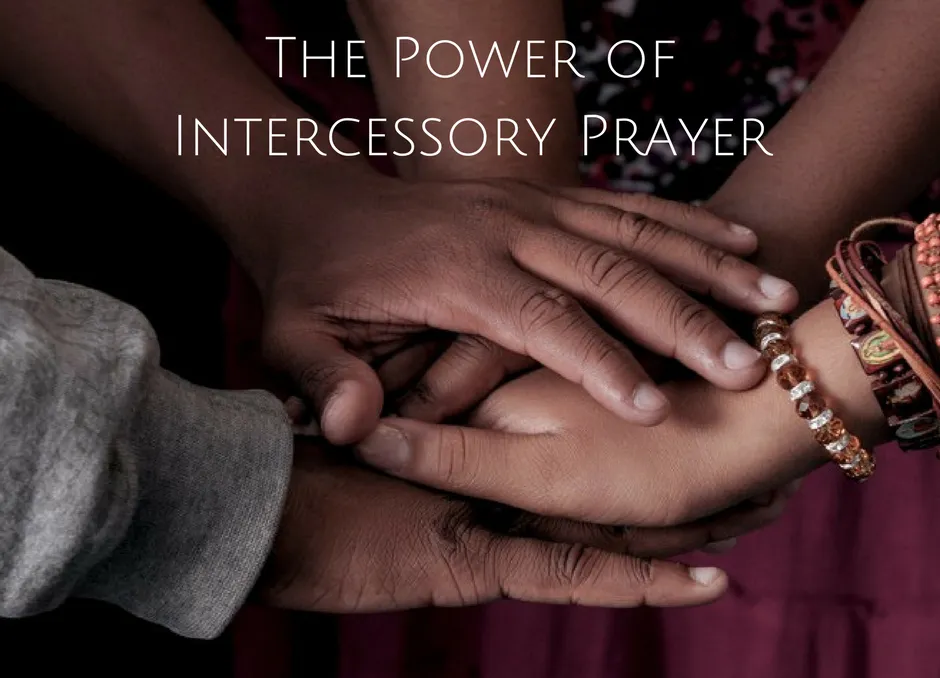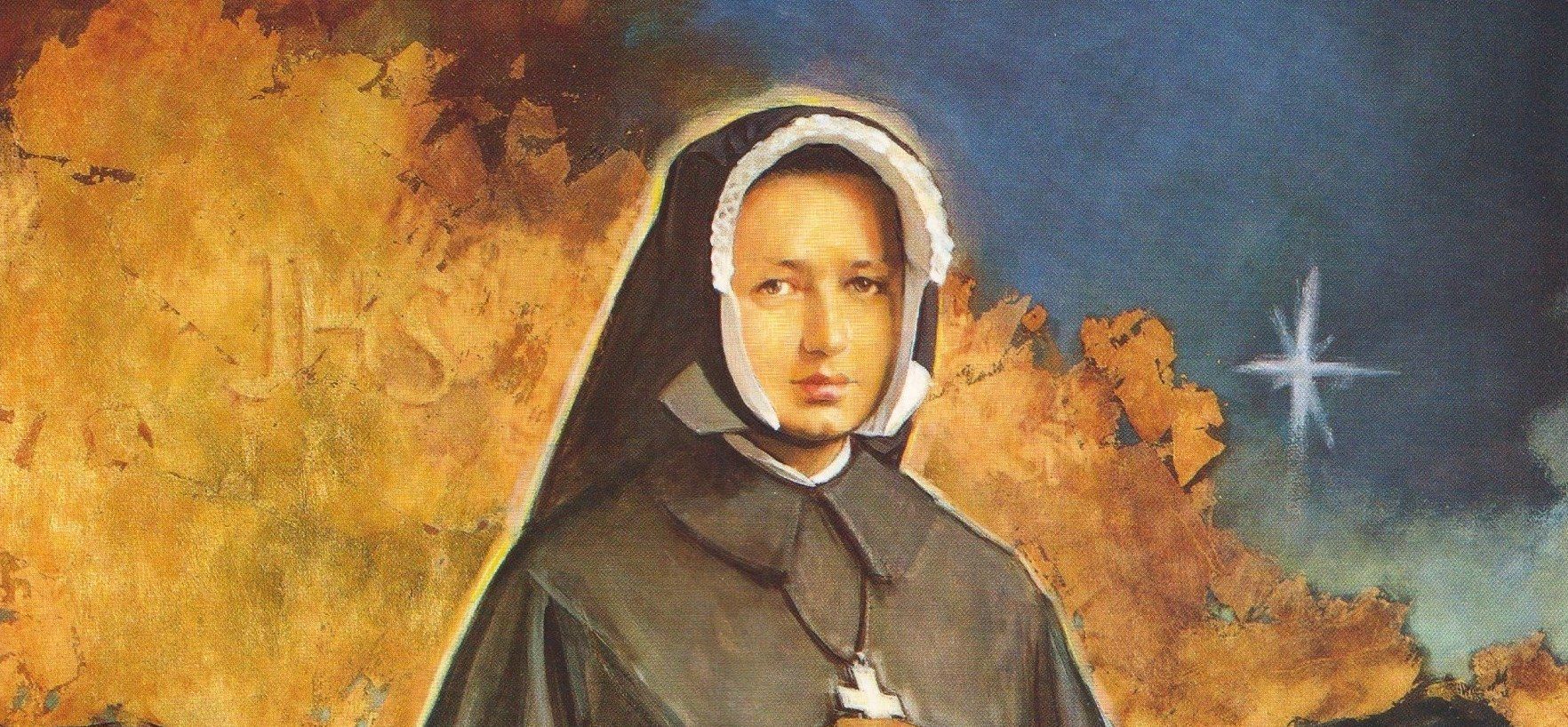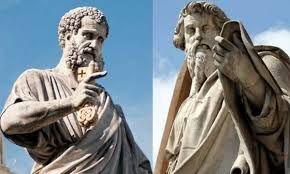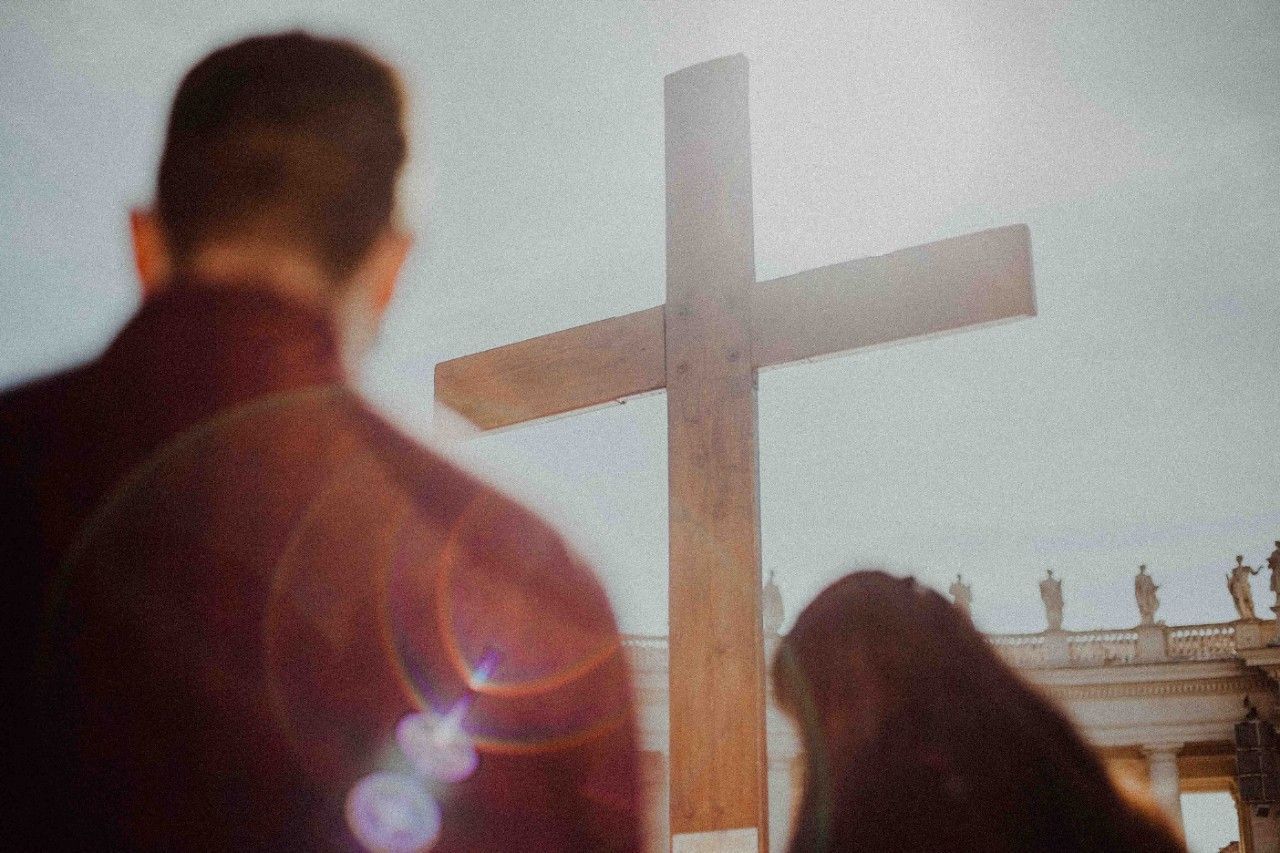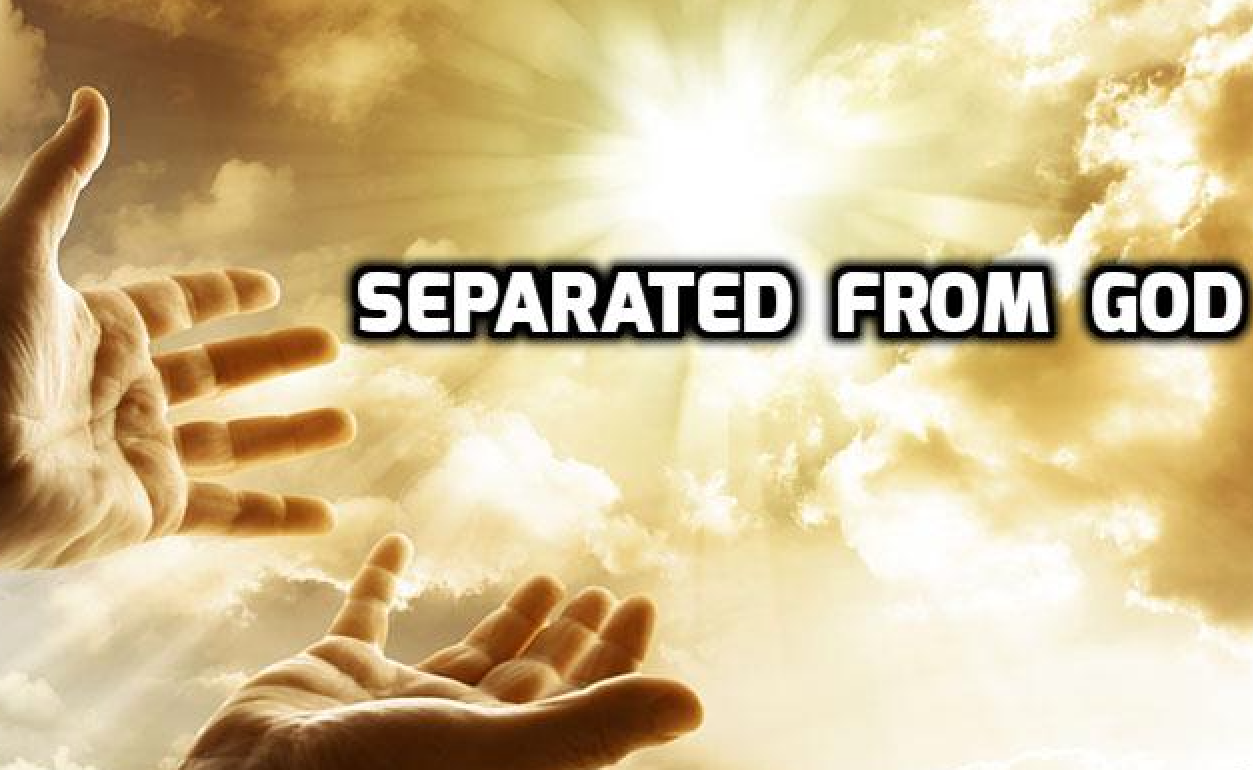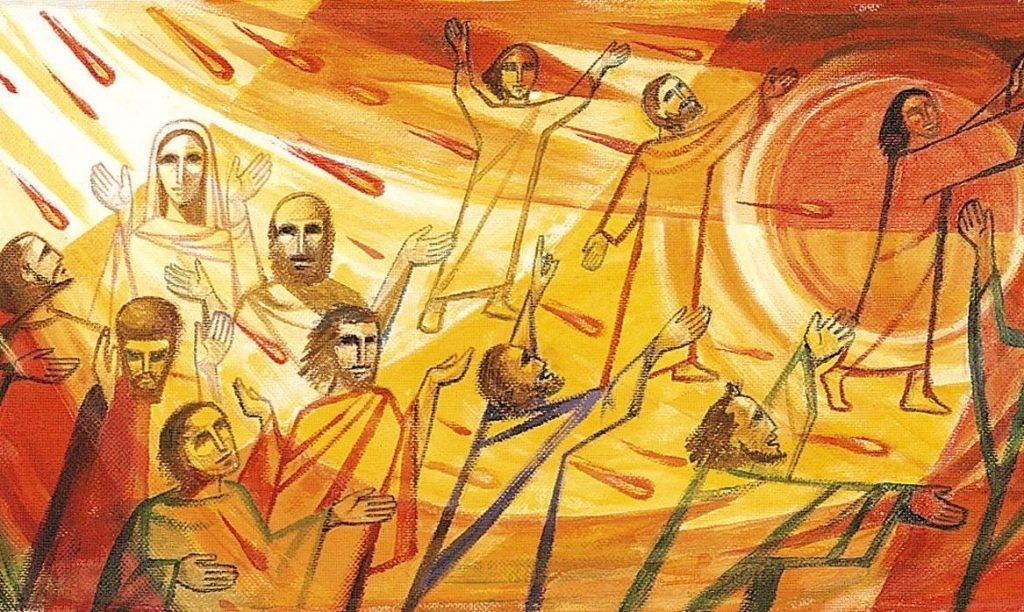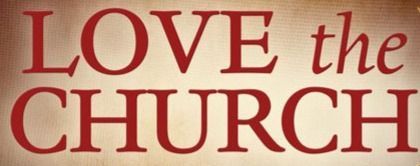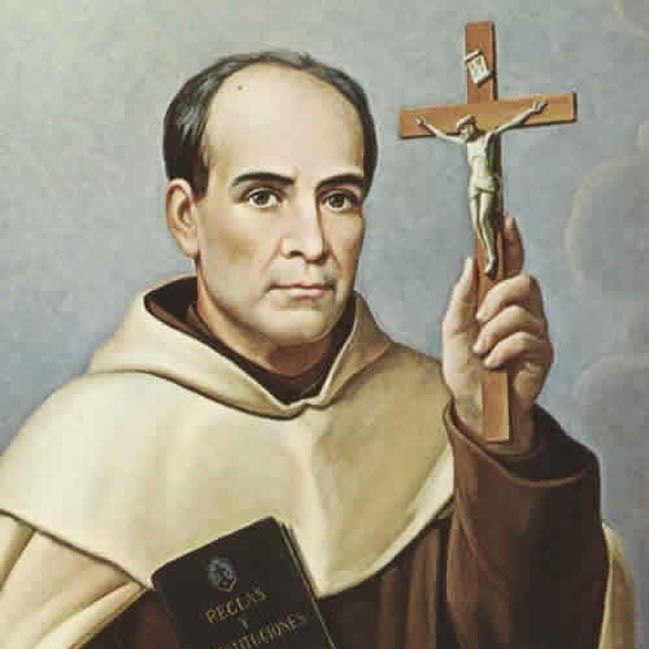By Fr. Brian Murphy
•
July 2, 2025
His second Body We had a Lent Course on Zoom. It turned into a series of sharings about the deep treasures of our faith. As it proceeded, it dawned on me that here was a microcosm of the Church. We were very different people with years of our own experiences behind us. Yet, as others talked, we each recognised our own experience in theirs with its hopes and graces and frustrations. Was that just a straw poll of individual Church-going Catholics, or was it the phenomenon of a master hand at work in all of us? It was the Holy Spirit working in different ways in each one of us, but producing a symphony of outcome which displays his unifying energy working in each of us. St Paul in 1 Corinthians 12: 5 tells us that it is "the same Lord; working in all sorts of different ways in different people ". What we call Church is a real, coordinated master symphony which is in fact all around us. It is the flow of God’s Spirit in human hearts and persons which is really a gigantic river moving through human history, and gradually drawing all people into itself - the second body of Christ. After the crucifixion, Jesus went in his glorified physical body into heaven only to return through the Holy Spirit. The Spirit is forming this new Mystical Body for him just as he formed his physical body in the womb of Mary. We are the parts of his mystical body. Each of us has a unique, essential function within it, and it is the Holy Spirit who coordinates this gigantic living Christ. St Paul looks forward to when this Mystical Body of Jesus will reach completion. In Ephesians 4:13, he says: “we are all to come to unity in our faith and in our knowledge of the Son of God, until we become the perfect Man, fully mature with the fullness of Christ himself”. See the Church anew We need to revise all the notions we have of what the Church is, and start to appreciate the breadth of this God-guided phenomenon which is gradually drawing all mankind into Christ. Only after that can we reassess what we have been taught about the Church. The true picture of the Church only comes into focus when we have gained a notion and sense of this vast life-force working through human history to renew mankind. God is gathering into the life of the Trinity the children of Adam and Eve. The meaning of the original Greek word for Church, “ekklesia”, is “the gathering”. The functioning of this entity, this organism, the Church, embraces all humanity, yet it is entirely personal. It really is Jesus’s new body forming through a process of gradually drawing all human beings into communion, nurtured and cherished by the Holy Spirit. And wherever the Spirit forms Christ, Mary is his partner. It is developing gradually The process isn’t finished. We are deluded if we expect it to be. Look how God worked through centuries with Israel. He is working gradually in forming the new Israel, the Church. Our impatience can blind us to this reality. Is the Church shrinking in the West? No, we are being reorganised by God in preparation for the next stage which he has planned. Is this phenomenon of Church static? No it is developing. Have we got a handle on where the Church is now being taken by God? No, future generations will be given that when they write the history of our age. This is about hope and firm belief that when the Father sent his Son, he absolutely knew what he was doing. And if we aren’t told the whole plan, we have to live with that. We aren’t meant to see it all, but to walk by faith, which Adam and Eve failed to do. Our eyes are blinkered when we see the Church as the human institution with its hierarchy. Sure, God is developing the visible organised Church organically with its rules and customs and personalities under the guidance of the Spirit, but far more important is the Mystical Body functioning in millions of brothers and sisters all over the world. The Pope, bishops, priests and nuns are important, but to focus mainly on them and Church organisation is wrong. Focus on Jesus and on all the evidence of God’s unerring determination. And focus on what we know of how he worked in the past, and you will get a sense of how he is active now. The institutional Church exists to serve the great wonder of the Spirit, forming Christ in the whole of humanity Royal priesthood Each of us is a unique and essential part of Christ's Body. St Peter says we are “living stones being built up as a spiritual house to be a holy priesthood to offer spiritual sacrifices acceptable to God through Jesus Christ” (1 Peter 2: 4-5). That means that every action and effort of yours is integrally significant in God’s plan. Nothing is outside of that process or neutral. All is contributing to the process of the gradual resurrection of humanity, or hindering it. Any prayer or action of yours now could help someone in a hundred years’ time or a hundred years ago. God is outside time and not limited by it. God allows each of his children to turn the tap to release grace into his process of salvation. Its operation does not open to scientific analysis and definitions. It is described in stories, and perceived spiritually more than intellectually. His ways are mysterious, but that does not mean that they are not perceivable. St Paul says “Only faith can guarantee the blessings that we hope for, or prove the existence of the realities that at present remain unseen” (Hebrews 11:1). It is our faith that assures us. We are like sailors filling our sails with the wind. They do not see or know all that the wind is doing, but they learn to move in it. In the soul of those who practice this way of life and prayer, he plants a sure sense that "all things work together for the good for those who love him" (Romans 8: 28). He also sends the occasional miraculous evidence that we are doing things right when we pray, or just place our lives at the service of his will, which is his determined drive for mankind’s home-coming. Contemplation and Intercession All of us are called into contemplation, which leads into prayer of intercession for our brothers and sisters. Do not underestimate the power of staying in the presence of God feeling nothing, or, worse, feeling distracted and even attacked. We say about some difficult people “their heart is in the right place”. That is how our Father sees us. He knows we are trying to pray, and that is immensely pleasing to him. What mum or dad is unmoved by a child that is doing their best? Just start, and stay there awhile, especially when it is difficult. Then is the time when it is most effective in releasing torrents of grace upon the human race. We are a combination of body and soul with minds and feelings, but at our deepest, we are spirits that have the capacity to be in love with God and all creation. If our minds are distracted or dull, and our feelings are disturbed, as long as our heart (our spirit) is set on our Father, we are in deep prayer - and effective prayer, taking up our part in this great engine which is transforming the hearts of human beings. It does demand that we build a habit of prayer. That is the narrow gate which leads to life and admits us into the regeneration of humanity from within. What of the times in our lives when we are out of our minds with cares and jobs that need doing? Is intercession impossible then? No, a simple prayer of offering it up is just as effective. A morning or evening offering covers everything. Then every effort of ours, every pain endured, every act of love, every frustration, every work for justice, every tear contributes to the great economy of saving and restoring our brothers and sisters from their hearts outward. But, for busy people, it is even more needed to make time for prayer, or they can get swamped and drown in the storms they go through. The real economy The economy is generally seen as how people exchange goods and services. It is also about how the culture which pervades these activities influences people's lives more generally, like greed/poverty, deprivation/overconsumption, exploitation/justice. It starts as considering material realities and ends up being about people’s happiness, and achieving or failing to achieve that goal. If the economy is driven only by human striving for happiness and security through material things, it is essentially defective; it must first of all be spiritual. Like all reality it is derives from God and must begin with him. All happiness is ultimately about true and balanced relationships. It starts with a relationship with God, which informs all other relationships: with our families, with what we eat, and possess, and where we live. Only after we have fallen in love with God, can we fall in love with all people and all creation. Some will say that we first need to have our needs for food, shelter and security satisfied before we can think about the things of God, but why do they have to be exclusive? You can have everything arranged nicely and still be deeply unhappy, equally, you can live in poverty and have more love and joy than the rich. A healthy economy is one in which all that is human and material is balanced by God’s grace and guidance. There is no argument for putting the first commandment, loving God, second; from it, all else flows. Look at how the struggle for trade unions and social justice started from the chapels, or universal education started from the parishes. Since they have been separated from their Christian roots, unionism has led recently in Britain to train drivers’ demands for huge rises, and doctors’ strikes shortly after they were given big pay rises. And education has become indoctrination with weird and distorted philosophies. The first commandment is to love God, and the second is to love our neighbour. It is a fundamental truth that Jesus expressed when he told us to “seek first the Kingdom of God and his righteousness, and all the rest will be added to you” (Matthew 6: 33). It is important to help people gain a vision of the real economy by which this world is being redeemed: not to see with the eyes of this world, but hear St Paul telling us: “your mind must be renewed by a spiritual revolution” (Ephesians 4:23). Your essential role You are not an insignificant second class Christian. Each of us is a firstborn in the family of God. Each of us has a unique, essential, and powerful part to play in the liberating of creation. We are each of us the children of God for whom creation has been longing (see Romans 8: 21-22). Each of us, in our own struggles, are part of the great redeeming current. All of the faithful are like an unending Mexican wave going around the world and the tide is rising. See the wonder of what you are a living part of. It is so beautiful and generous.
